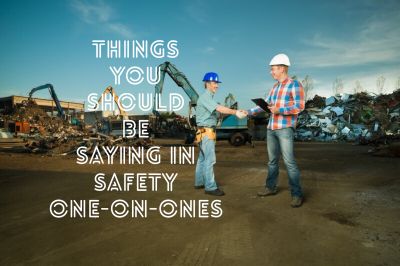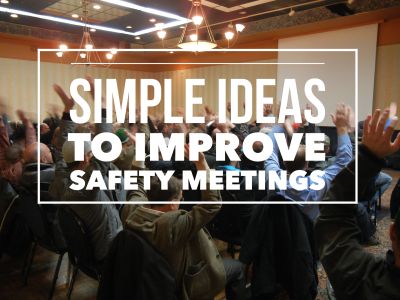
The legacy you create in safety must be on-purpose. Legacy. It’s what you leave behind after you're gone. You want a purposeful legacy. Those ones are positive. The legacy you leave behind by accident is usually a negative one. No one will remember the safety systems you built after you're gone. Nor will they remember that you were responsible for the security lock on a door or a new design for lock-out tags. Those are lifeless objects. And although they play a part, forms, rules, paperwork and procedures can be replaced. They are temporary at best. Safety systems are not legacy things. That is unless you’ve done something so radically different that it’s now referred to as The (your name) Manoeuvre. Then it’s a legacy. But those things don’t come around often. Instead, consider the easier way to create a legacy, by being remembered for who you are instead of what you’ve done. Here are three tips to consider in building a legacy in safety:











